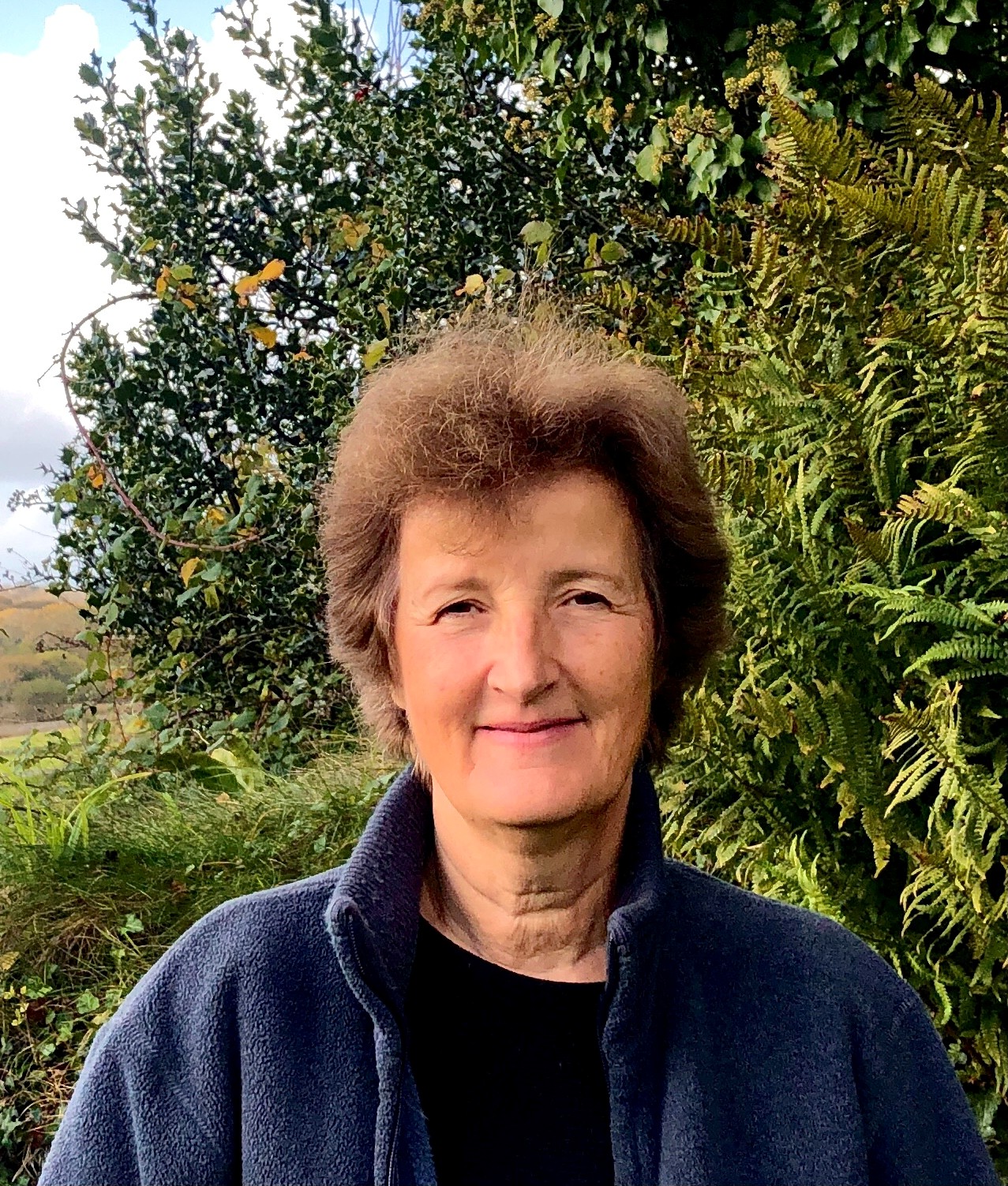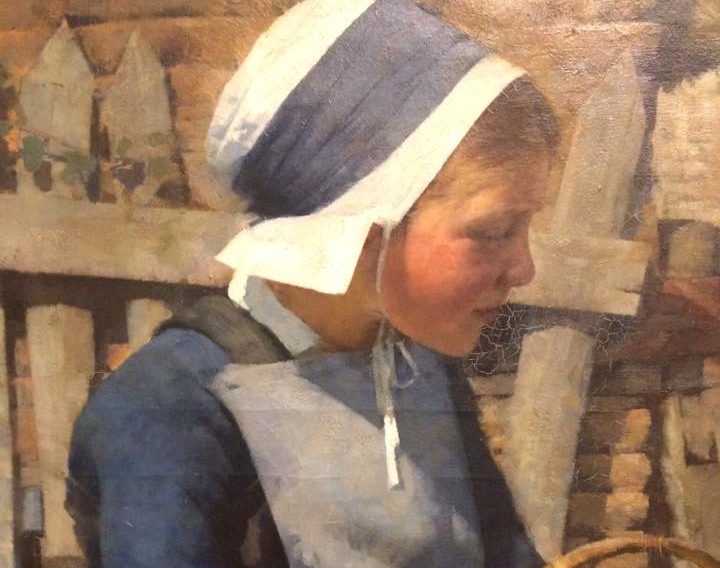

Painting Conservator, Sarah Cove ACR will be giving a lecture about What’s in a Crack? This lecture focuses on the materials and techniques of Stanhope Forbes and the Newlyn School Painters.
Lectures take place at 7.30 p.m. at Penlee House (unless otherwise stated). Booking is essential.
Please telephone 01736 363625
Paintings conservator and technical art historian Sarah Cove ACR is well known for her re-discovery of ‘lost’ paintings by John Constable on BBC1’s ‘Fake or Fortune?’. In this lecture, she considers the materials and techniques used in oil sketches and exhibited works by Stanhope Forbes and his contemporaries in light of technical examination undertaken during their recent cleaning and conservation. Featuring details of notable and little-seen works from private collections as well as more familiar works scrutinised in gallery collections both near and far.
Ignoring the Fishing and the Folk that are often the preserve of discussions around the late 19th century Newlyn painting colony, from a technical perspective the surfaces of paintings by these artists pose as many questions as they answer. Many of the works are riddled with drying cracks that suggest complex paint layers, multiple changes of mind during the evolution of composition and possibly the hasty use of incompatible or untested materials. However, very little technical examination or scientific analysis of Newlyn School works has been formally carried out in collections worldwide to try and address the questions that arise from such technical problems. Are they linked to the 19th-century era of great change in artists’ materials, the rise of the modern artists’ colourman, the invention of tube paints (with their pros and cons) and developments in pigment technology as a result of the industrial revolution? Are they simply the result of faulty technique? What can they tell us about the underlayers of a painting and the working up of a composition? In recent years, Sarah Cove has treated and examined a number of these works resulting in interesting discoveries about the working processes of this close artistic community. Sarah will reveal the secrets of the painters’ methods as viewed under the microscope, working solely from her own research and conservation records, and will ask as many questions as she answers. Problems with deterioration in the original materials will be discussed as well as comments on the cleaning, conservation varnishing of these works so that they can be appreciated to their best in the long-term. The lecture is illustrated with unique close-up macro-photos and the use of scientific methods such as x-radiography and infrared reflectography.
Sarah Cove is an Accredited Paintings Conservator-Restorer with almost 40 years experience working on paintings for the heritage and private sectors. She is based in Falmouth, Cornwall, and is a specialist in 19th– 20th-century British landscapes and oil sketches on paper and board and British portraiture generally. In 1986 she founded the Constable Research Project and she is now the leading authority on Constable’s materials and techniques. Other research interests include Tudor and Jacobean portraiture, the 19th century Newlyn, Lamorna and St Ives schools and early-mid 20th-century British painting generally. She has been a lecturer for The Arts Society since 2003 and is an experienced international speaker having lectured at major public gallery venues across the UK, the USA, Australia and NZ. She has made several TV appearances including ‘Fake or Fortune?’, ‘Constable in Love’ and ‘Art on the BBC’. Her presentations are lively and enthusiastic as she speaks without notes with an inimitable passion that comes from presenting her own work and research with wonderful images.
© Sarah Cove ACR
The Friends of Penlee House is a registered charity (No: 1206841), the object of which is to support the aims and activities of Penlee House Gallery and Museum, home to the county’s best known collection of work by artists of the Newlyn School.